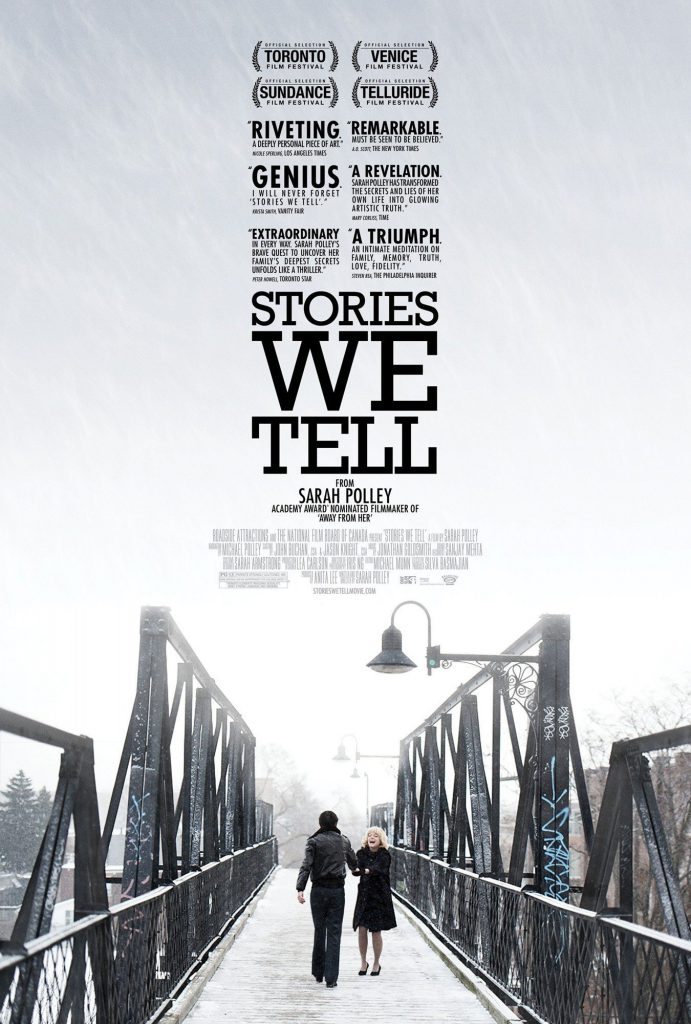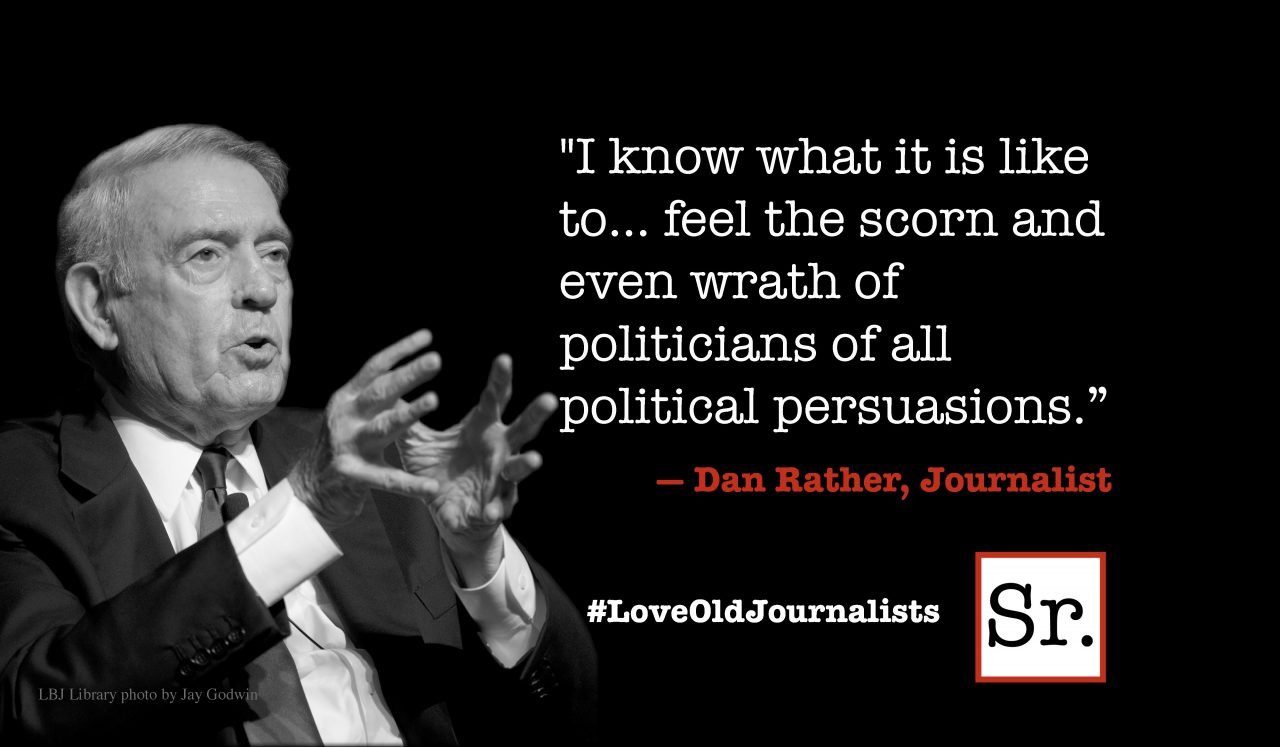Over the last 20 years we've grown accustomed to the “personal documentary” in which a filmmaker’s own life becomes the subject of his/her nonfiction film. Standout examples include Ross McElwee’s “Sherman’s March” and Jonathan Caouette’s “Tarnation.”
But I cannot recall anything quite like Sarah Polley’s “Stories We Tell,” an investigation into the secrets of her family, her parents’ marriage and her own birth.
Polley is, of course, the Canadian actress (“Dawn of the Dead,” “The Sweet Hereafter”) who has established herself as a very promising director with “Away from Her” (a superb film about Alzheimer’s) and “Take This Waltz” (about an unfaithful wife … I was less enraptured of that one).
“Stories We Tell” begins with Polley accompanying an elderly man up several flights of stairs to a Toronto recording studio. The man is her father, Michael Polley, an actor, who sits before a microphone reading from his own memoir about his marriage to Diane Polley, Sarah’s late mother.
We quickly learn that we’ll be hearing family stories from others of the Polley clan, including Sarah’s two sisters and two brothers, who submit to “interrogation” by their younger sibling with varying degrees of charm and discomfort. Also testifying are aunts, uncles, family friends, and others.
Polley wants them to talk about her mother. Diane was a vivacious woman — a sometimes actress — overflowing with energy. One of her sons recalls watching “I Love Lucy” as a child and thinking it was based on his mom.
It is quickly established that the Diane-Michael marriage was an unlikely one. Though both were actors, she was outgoing, daring and vivacious while he was a conservative homebody. In fact, Michael suggests that Diane fell not in love with him but with the dynamic character he was playing on stage when she first saw him.
Throughout their marriage she urged him to write, to exercise his creative genius. Michael wasn’t particularly interested. And he informs us that in sexual matters she was much more adventurous and frustrated by his lack of physical passion.
“Stories We Tell” could have been a succession of talking heads. But Polley cannily employs old home movie footage from her parents’ early years together (including some haunting black-and-white footage of Diane performing in a local TV show). And when there is no film, she re-stages events, using look-alike actors and film stock that so perfectly captures the grainy look and desaturated colors of old footage that some viewers will be suckered into believing it’s the real thing.
At the heart of “Stories We Tell” is one perplexing question. Nine months before Sarah was born, Diane left Toronto to appear in a play in Montreal. It was a chance to be totally herself, to embrace the independence that marriage and motherhood had denied her.
She returned home pregnant with Sarah. Michael had visited her in Montreal. Still, it had always been a family joke: Was Sarah really Michael’s daughter, or was she the result of an affair Diane had with an unknown individual?
And that uncertainty has gnawed at Sarah Polley for years. After her mother’s death from cancer Sarah was raised by Michael and they became tremendously close. But what if the man she calls “father” really isn’t … at least biologically speaking? How would that knowledge change their relationship?
“Stories We Tell” settles the matter definitively — by DNA test. But it has been so cannily structured and brilliantly edited (by Mike Munn) that even when the paternity question is answered, there remain other revelations about Diane’s life that jar us into a deeper awareness of her possibly troubled personality.
An earlier marriage and a long-running affair are revealed, and a major “subplot” involves Canadian film producer and Albert Einstein look-alike Harry Gulkin. Among Gulkin’s films is “Lies My Father Told Me,” a title which within the context of Polley’s film takes on ironic meaning.
Earlier I referred to “Stories We Tell” as an example of “personal documentary.” Curiously enough, though, Sarah Polley keeps a low profile, appearing on-screen only rarely. Her fascination here is in learning about herself through the stories of others.
It makes for a profoundly fascinating film.









